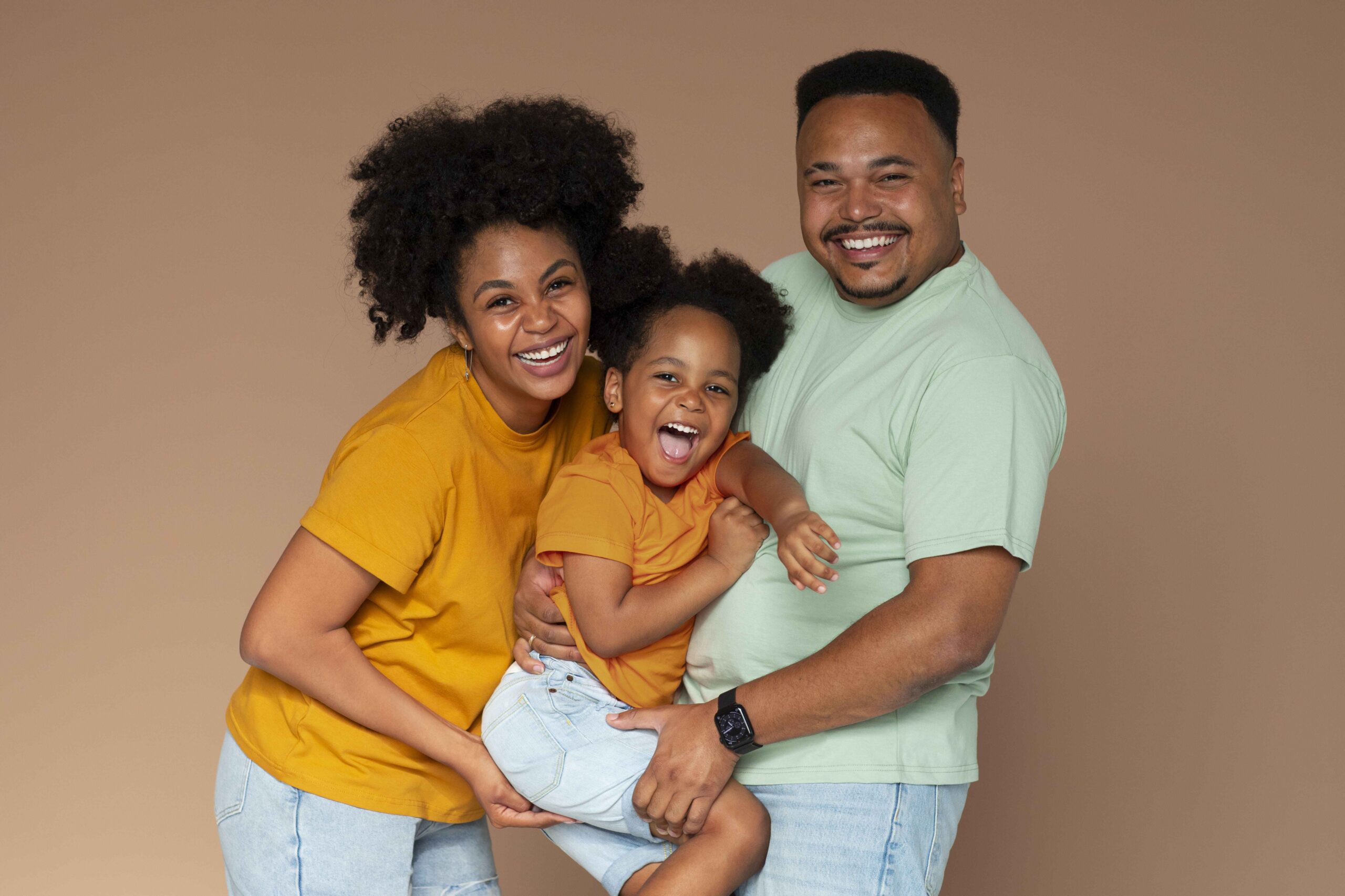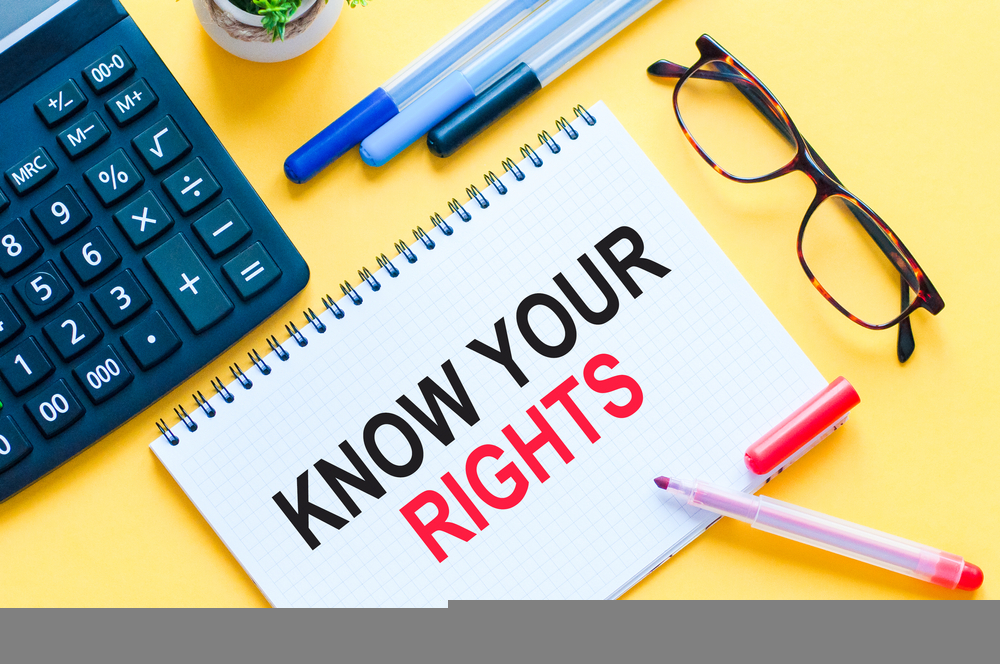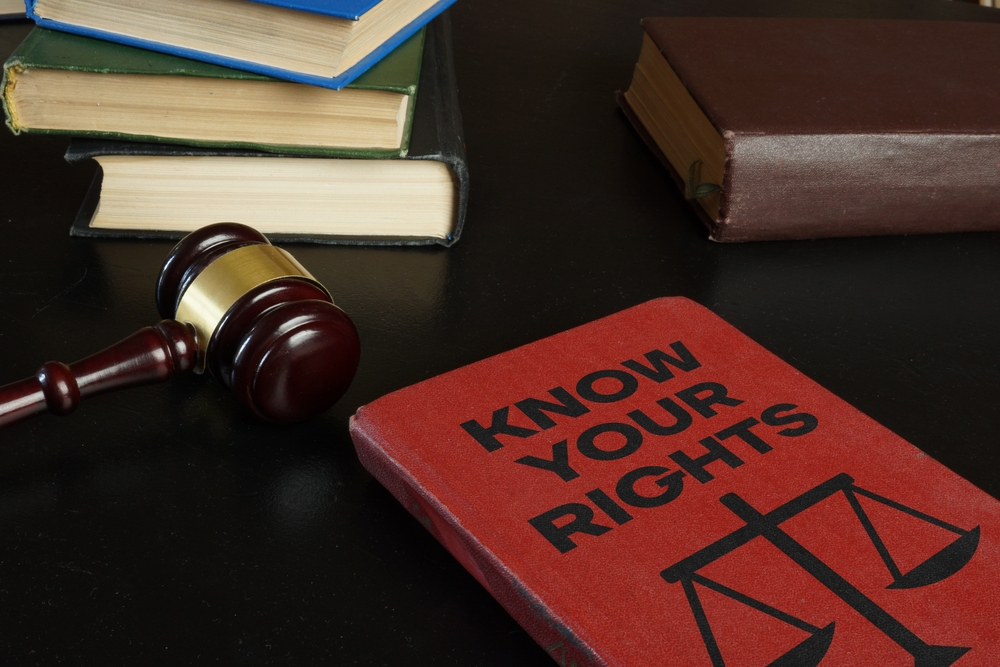The Growth of Certified Green Buildings in Ghana
Investor Snapshot Green buildings are becoming a quality marker for tenants, lenders, and investors looking for assets that combine operational efficiency, resilience, and ESG credibility. Notwithstanding, projections indicate that over 80% of the urban infrastructure Africa will require by 2050 is yet to be developed. This reality presents a massive development mandate, and an unprecedented opportunity to realign the future of African cities into cities that are resilient, resource-efficient, and inclusive. The Rise of Green Buildings In Ghana, Green buildings are gradually moving from the margins to the mainstream. No longer a luxury or an afterthought. Green buildings are steadily gaining traction in driving asset performance, boosting investor confidence, and future-proofing urban systems. Like many African countries, Ghana’s urban growth is accelerating rapidly, integrating sustainability into the built environment has become an imperative. Nonetheless, there remain room for exploring more than technical solutions; it calls for coordinated action. Policymakers, developers, financiers, and communities must work in lockstep to deliver a form of urbanisation that protects both economic interests and environmental integrity. The Impact of Urbanisation Africa is urbanising late, but at a pace unmatched anywhere else in the world. By 2050, the continent’s urban population is expected to double,
Read MoreBless
Snapshot Green buildings are becoming a quality marker for tenants, lenders, and investors looking for assets that combine operational efficiency, resilience, and ESG credibility. Notwithstanding, projections indicate that over 80% of the urban infrastructure Africa will require by 2050 is yet to be developed. This reality presents a massive development mandate, and an unprecedented opportunity to realign the future of African cities into cities that are resilient, resource-efficient, and inclusive The Rise of Green Buildings In Ghana, Green buildings are gradually moving from the margins to the mainstream. No longer a luxury or an afterthought. Green buildings are steadily gaining traction in driving asset performance, boosting investor confidence, and future-proofing urban systems. Like many African countries, Ghana’s urban growth is accelerating rapidly, integrating sustainability into the built environment has become an imperative. Nonetheless, there remain room for exploring more than technical solutions; it calls for coordinated action. Policymakers, developers, financiers, and communities must work in lockstep to deliver a form of urbanisation that protects both economic interests and environmental integrity.
Read MoreTHE SIGNIFICANCE OF FAMILY LAW: PROTECTING FAMILIES AND ENSURING JUSTICE
Family law is not just a collection of legal statutes and regulations it is the backbone of our society’s most intimate relationships. From marriage and divorce to child custody and inheritance, family law shapes the dynamics of our familial connections. Here is a deeper look into why family law matters and its profound impact on individuals and society. Marriage is not merely a union of hearts it is a legal contract that binds two individuals together, entailing both rights and responsibilities. Family law delineates the legal requisites for marriage, ensuring that unions are entered into with informed consent and legal clarity. It lays down the groundwork for spousal rights, such as property ownership, inheritance and the right to financial support. Moreover, it establishes procedures for dissolution, guiding couples through the complexities of divorce or separation with fairness and equity. Protecting Children’s Rights and Welfare Children are the most vulnerable members of any family unit, deserving utmost protection and care. Family law places children’s interests at the forefront, dictating custody arrangements, support obligations and visitation rights in divorce or separation cases. Courts prioritize the child’s well-being, considering factors like parental fitness, stability of living environment and emotional needs when determining
Read MoreRights of Individuals in Ghana
Constitutional Rights Freedom of Speech and Expression: Under Article 21(1)(a) of the 1992 Constitution, individuals have the right to express their opinions without government restraint. This encompasses various forms of communication, including spoken words, written publications and artistic expressions. However, this right is balanced with responsibilities and restrictions, particularly where speech incites violence, hatred, or discrimination. For example, the Criminal Offences Act, 1960 (Act 29) includes provisions that address libel and slander, ensuring that freedom of speech does not harm others unjustly. Right to Privacy: Article 18(2) of the Constitution guarantees the privacy of individuals’ homes, property, correspondence and communications. This protection extends to personal data, which is regulated under the Data Protection Act, 2012 (Act 843). The Act requires data controllers to ensure that personal information is collected, processed and stored securely and lawfully. For instance, businesses collecting customer data must obtain consent and ensure that data is used only for the intended purposes. Right to Due Process: Ensured by Article 19 of the Constitution, due process guarantees fair treatment through the judicial system. It includes the right to a fair hearing, the right to be presumed innocent until proven guilty and the right to legal representation. In
Read MoreUNDERSTANDING YOUR RIGHTS UNDER THE LAW IN GHANA
Introduction In the evolving legal landscape of Ghana, understanding your rights as an individual or a business entity is more important than ever. Ghana’s legal framework is designed to protect the interests of its citizens and foster a conducive environment for businesses to thrive. Knowing your legal rights and obligations is crucial whether you are an individual navigating personal rights or a company operating in a competitive market. For individuals, these rights encompass fundamental freedoms enshrined in the Constitution, such as freedom of speech, right to privacy, and protection from discrimination. These rights ensure that every citizen can live with dignity and participate fully in societal activities without fear of unjust treatment. Understanding corporate rights, regulatory requirements, and liability protections is essential for successful operations. Companies must navigate a complex web of laws ranging from environmental regulations to labor laws, ensuring they operate legally and ethically. By comprehending these laws, businesses can avoid legal pitfalls and contribute positively to Ghana’s economic development. This guide aims to provide a comprehensive overview of the legal rights of individuals and companies in Ghana. By staying informed, you can protect your interests, uphold your responsibilities and engage confidently in all aspects of personal
Read More



